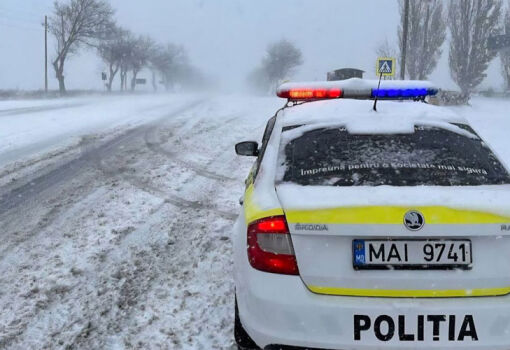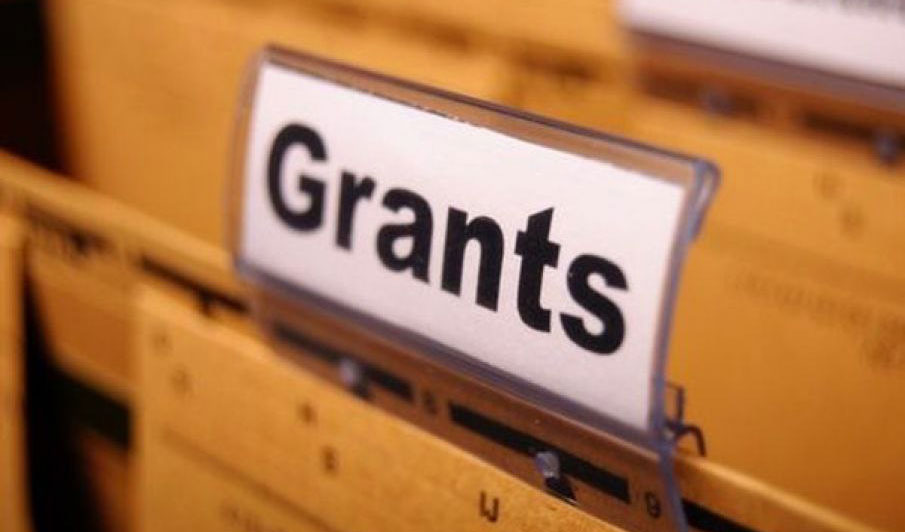
This was discussed at a meeting of the Accounts Chamber on the results of the audit of the management of emergency calls through the single number 112. It was noted that the current system of emergency service faces systemic problems: difficulties in determining the location of subscribers, limited technology of telecom operators, lack of backup centers. At the same time, the efficiency of response depends on the quality of call localization by 50%.
The existing mechanism for determining the subscriber’s location is based on information received from telecom operators, as well as on data reported by the subscriber himself. This mechanism operates on the basis of technologies that depend on the coverage area of mobile communications, which creates difficulties in accurately determining the location of the caller. Under such conditions, 112 operators, in the absence of information or when receiving erroneous data, are forced to manually determine the location in the information system of the 112 service. This may lead to confusion and errors in determining the caller’s location.
State Secretary of the Interior Ministry Alexandru Bejan noted that the situation is of concern to the agency: “The efforts of the Interior Ministry and the 112 Service are not enough. We are talking about the need to connect mobile operators. Calls that require a very short response time are of particular concern. We are in search of solutions. Everything is limited by the technologies provided by mobile operators. And the efficiency of the emergency service response depends 50% on the localization aspect”.
Currently, calls are received solely by phone or SMS, which creates difficulties for people with disabilities. The 112 service is in the process of implementing eCall and NG112 technologies, which will enable the automatic transmission of critical information and contacting emergency services by alternative methods other than traditional voice communication.
Sergiu Gaibu, director of the National Regulatory Agency for Electronic Communications and Information Technology (ANRCETI), said that Law No. 72, approved and published in May, will come into force on January 1, 2026, which provides for new regulations regarding the 112 service, including localization issues, in line with European standards. The implementation period is 24 months.
“An application is being developed that allows data to be transmitted more consistently and efficiently, with enhanced geolocation capabilities. In addition, new frequencies have been allocated to operators this year, most of which will be used to implement 5G technology with additional capabilities. New antennas will be installed across the country to improve the operators’ network. In some areas with low population density, the number of antennas is limited and the triangulation process is difficult. New technologies will make it possible to use data directly from users’ terminals, which will improve the accuracy of their location,” said Gaibu.
Konstantin Gorinchoi, deputy director of the 112 Service, said that due to the lack of financial resources, the development of technology in the service has been very slow.
“But, starting from 2024, we are in the process of updating the information system and bringing it in line with modern standards for locating mobile terminals. At the beginning of 2026, the new system will be put into operation, information will be transmitted much faster, and the accuracy of location determination during a call with a subscriber will be significantly improved,” Gorinchoy said.
The single number 112 was opened in 2018 and united in one structure the main response services: firefighters, police and emergency medical aid. The service operates on the basis of an automated information system. In this context, two software licenses were purchased, which provide only the right of use but not access to the source code, making the system dependent on the developer. The total costs for the implementation, development and maintenance of the information system of the 112 service in the period 2016-2024 amounted to 339.6 million lei.
The single number system operates in two stages: the first stage (call reception) – the operator filters calls, determines the nature of the emergency, the identity of the subscriber, the place of the incident and transfers the case to the appropriate service; the second stage (dispatching) – dispatchers of the relevant services receive the call and send the necessary units to respond. More than 70% of calls are related to medical cases.
Two emergency call centers of the 112 service are located in Chisinau municipality, each working as a backup for the other. However, in case of failure of both centers, the service has no reserve. From 2021 to 2024, almost half of the calls were non-emergency calls.













